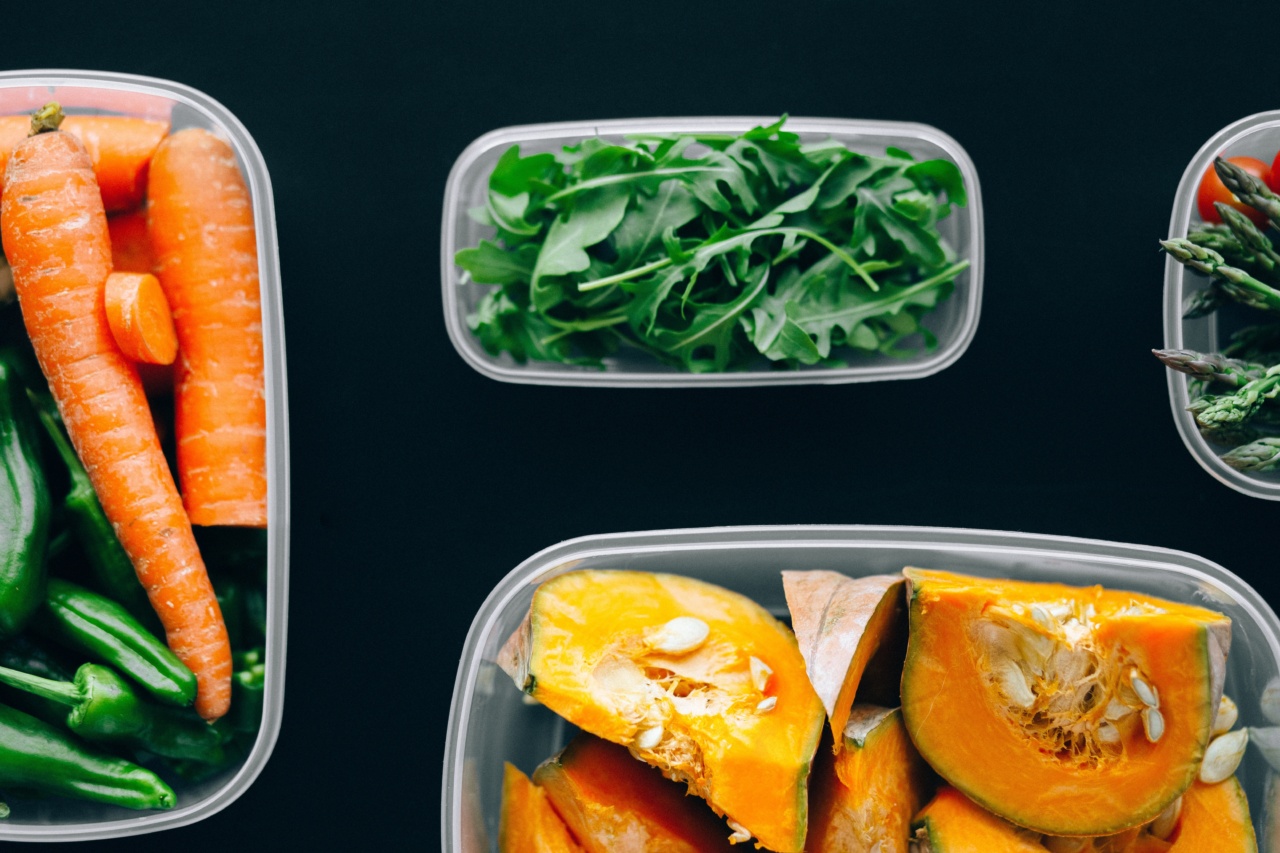Heart disease is a leading cause of hospitalization and death worldwide. Adopting a heart-healthy diet is crucial for preventing and managing various heart conditions.
By incorporating specific foods into your daily routine, you can reduce the risk of cardiovascular problems and potentially avoid hospitalization. In this article, we will discuss some of the best heart-healthy foods that can help you maintain a healthy heart.
1. Fatty Fish
Fatty fish such as salmon, mackerel, and sardines are rich in omega-3 fatty acids, which have been shown to have numerous heart health benefits.
Omega-3s can help reduce inflammation, lower blood pressure, decrease triglyceride levels, and prevent the formation of abnormal heart rhythms. Including fatty fish in your diet at least twice a week can significantly reduce the risk of heart disease and related hospital visits.
2. Berries
Loaded with antioxidants, vitamins, and fiber, berries are an excellent addition to a heart-healthy diet. Blueberries, strawberries, raspberries, and blackberries have been linked to lower blood pressure and improved LDL cholesterol levels.
These delicious fruits can be enjoyed in smoothies, salads, or as a nutritious snack, helping to reduce the chances of experiencing heart-related complications and subsequent hospitalizations.
3. Leafy Green Vegetables
Leafy green vegetables like spinach, kale, and collard greens are packed with vitamins, minerals, and antioxidants that play a pivotal role in maintaining heart health.
These greens are high in fiber and low in calories, making them ideal for managing weight, cholesterol levels, and blood pressure. Incorporating leafy greens into your meals can help keep your heart in optimal condition and potentially prevent heart-related hospital stays.
4. Whole Grains
Switching from refined grains to whole grains can have a significant impact on your heart health. Whole grains such as oats, quinoa, brown rice, and whole-wheat bread are rich in fiber, antioxidants, and nutrients.
They can help lower LDL cholesterol, reduce the risk of coronary heart disease, and maintain stable blood sugar levels. By replacing processed grains with whole grains, you can contribute to a healthier heart and potentially avoid future hospitalizations.
5. Nuts and Seeds
Nuts and seeds, including almonds, walnuts, chia seeds, and flaxseeds, are excellent sources of heart-healthy fats, fiber, and minerals.
Consuming a handful of nuts or sprinkling seeds over your salads or yogurt can help reduce LDL cholesterol, decrease inflammation, and improve heart function. Regular consumption of nuts and seeds can be a simple yet effective strategy to keep your heart healthy and minimize hospital visits.
6. Olive Oil
Replacing unhealthy fats with extra virgin olive oil is another dietary change that can benefit your heart.
The monounsaturated fats found in olive oil have been associated with reduced cardiovascular risk factors, including lower LDL cholesterol and blood pressure levels. This versatile oil can be used for cooking, salad dressings, or drizzled over steamed vegetables, providing a flavorful addition to a heart-healthy diet.
7. Legumes
Beans, lentils, chickpeas, and other legumes are not only an excellent source of plant-based protein but also offer various heart health benefits.
Legumes are rich in fiber, potassium, and other essential minerals, which help reduce blood pressure, improve cholesterol levels, and maintain blood sugar control. Adding legumes to soups, salads, and main dishes can be an effective way to support heart health and decrease the likelihood of hospitalization due to heart-related conditions.
8. Dark Chocolate
Good news for chocolate lovers! Dark chocolate with at least 70% cocoa content is not only a delicious treat but also contains flavonoids and antioxidants that promote heart health.
Consuming moderate amounts of dark chocolate has been linked to reduced blood pressure, improved blood flow, and increased HDL cholesterol levels. Indulging in a small piece of dark chocolate occasionally can satisfy your sweet cravings while contributing to a healthier heart.
9. Tomatoes
Tomatoes are a rich source of lycopene, a powerful antioxidant that gives them their vibrant red color. Lycopene has been associated with a reduced risk of heart disease and stroke.
Tomatoes also contain potassium, vitamin C, and fiber, which further contribute to heart health. Enjoying fresh tomatoes, especially cooked or processed ones like tomato sauce or paste, can provide you with heart-protective benefits and potentially prevent hospitalization.
10. Green Tea
Ditch the sugary beverages and opt for a cup of green tea to improve your heart health. Green tea is loaded with antioxidants and compounds that help boost cardiovascular health.
Regular consumption of green tea has been shown to lower LDL cholesterol, triglycerides, and blood pressure levels. Swap your afternoon coffee or soda with a cup of green tea to reap the benefits and minimize the risk of hospitalization related to heart complications.


























